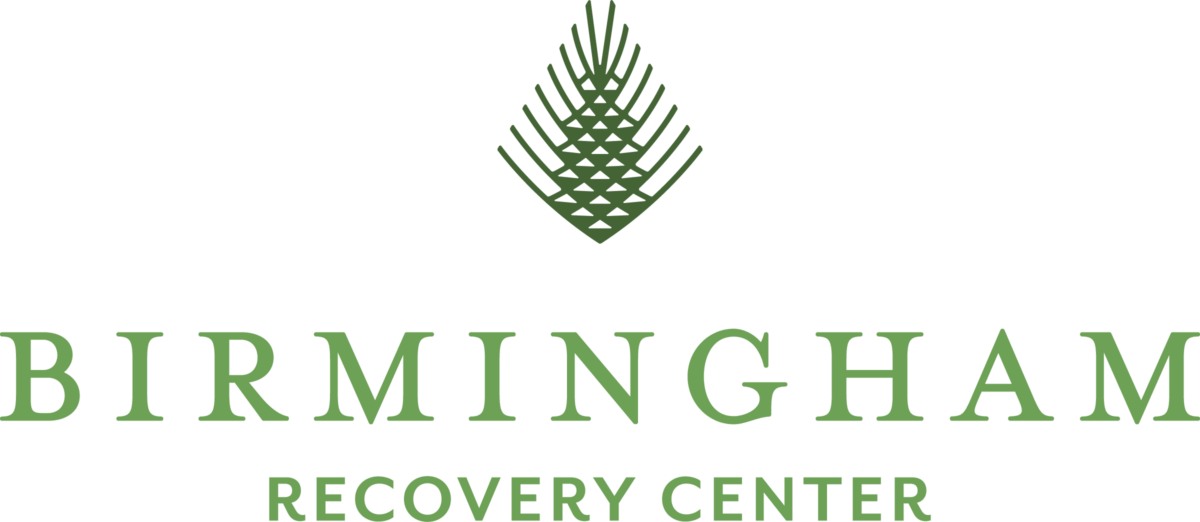When thinking about rehab, most people imagine a facility where they live 24 hours a day, seven days a week. The truth is that this is just one option for addiction treatment. If you are considering going to rehab, a few options are available. Many people go through an intensive outpatient program instead as an alternative to inpatient treatment.
This option offers ongoing support while letting people maintain their usual schedule. There are pros to every type of program — it all comes down to choosing the right one for your needs. So, how do you know if an intensive outpatient program is the right choice for you?
What Is Intensive Outpatient Rehab?
Inpatient programs or residential treatment provide continuous care in a shared living space. This is often a good choice for individuals with severe drug or alcohol addiction.
Outpatient programs, on the other hand, can be thought of as “part-time” rehab. In this kind of program, attendees meet regularly for support and therapy. However, they can also go to their own homes and attend work or school.
These can be a good choice for people who want a semblance of normalcy during their treatment. Individuals who have families or other responsibilities may also find it a good fit, too.
How Does An Intensive Outpatient Program Work?
An intensive outpatient program is actually a subcategory of outpatient rehab. It’s sometimes considered the final stage. This may or may not be true for you, but these programs are less restrictive. The other type of outpatient treatment is called partial hospitalization.
In a partial hospitalization program, attendees are in therapy for three to five hours a day. They can return to their homes at the end of the day but spend much time in a controlled setting with strong support.
An intensive outpatient program meets daily, usually for less than three hours. Attendees go to individual and group therapy and learn methods for avoiding relapse. There are usually options for morning and evening sessions. This makes scheduling around work, school, or family duties easier.
What Kind Of Treatment Happens In An Intensive Outpatient Program?
An intensive outpatient program typically focuses on various therapies to promote long-term recovery. There may be individual and group counseling and discussion of how to avoid triggers that lead to relapse.
Some programs also offer access to specialized therapies such as cognitive behavioral therapy. This has become popular in addiction treatment. It aims to help individuals change negative thoughts and behavior patterns.
The specific offerings will vary from program to program. The overall goal is to teach tools for achieving long-term sobriety.
Top Benefits Of An Intensive Outpatient Program
There are many benefits to each kind of addiction treatment. Many people find outpatient rehab highly manageable and helpful because of its flexibility. Here are a few other benefits of programs like these:
It Allows You To Have a Degree Of Normal Life
Entering an inpatient program can be emotionally overwhelming. It also requires a major change in your personal life and routine. Some people need this kind of change, as it helps them focus entirely on treatment.
Others can’t devote that kind of time away from their usual routine. They may have responsibilities at home or at work that keep them from being able to take weeks or months off.
It Offers a Degree Of Discretion
Addiction is still highly stigmatized. Many people worry about what others will think if they know they went to rehab. Because outpatient therapy occurs during personal hours, it gives people more privacy.
It Teaches Tools For Long-Term Health
Intensive outpatient programs usually last a few months. During this time, attendees meet between three and five days a week. The goal is to learn how to manage addictive behaviors long after the program ends. Therapy doesn’t just mean talking about past experiences — it’s also meant to help you navigate the future.
It Offers a Supportive Community
When you attend an intensive outpatient program, you’ll have a normal life. But you will also have a supportive community at your back. Many people make friends in these programs, bonding over similar interests and experiences.
It also means you experience your usual routine and community support at the same time. Some people struggle to return to normalcy after attending inpatient programs. As an outpatient, you navigate sobriety in the real world alongside friends and counselors.
How Do I Know if an Intensive Outpatient Program Is Right for Me?
With all these treatment options, how do you know if this kind of outpatient therapy is right for you?
Addiction is a complex experience and can take many forms. In the same way, addiction treatment can do the same. Some people start with inpatient care before advancing to an outpatient program. Others attend a program and then visit support groups like Narcotics Anonymous.
The right treatment will depend on your unique needs. Here are a few indications that outpatient rehab might be a good choice for you.
You Need a Flexible Schedule
If you have commitments such as work, school, or caring for children, you can’t “pause” normal life. Outpatient programs offer flexible scheduling so you can work around your other commitments.
You’re On a Fixed Budget
There is a wide range of costs when it comes to addiction treatment. In general, however, outpatient programs are more affordable than residential facilities. If you are concerned about the costs of treatment, these may be a better option for you.
You’re Not Sure What Type Of Therapy You Need
Outpatient programs offer a wide range of therapy and treatment options. The goal is to help you find the treatment plan that works best for you. Many therapies also address co-occurring disorders such as disordered eating, depression, or trauma.
You Can Keep Appointments
For some people, addiction affects their ability to follow through on commitments. For these individuals, a residential facility might be a better option. If you maintain a normal routine and can keep commitments, a more flexible program could be an option.
Getting Started As An Intensive Outpatient
Choosing to go to rehab is a courageous step, no matter what type of program you attend. At Birmingham Recovery Center, we offer a range of therapies to help you achieve and maintain sobriety — in a supportive environment designed to suit your unique needs.
If you think an intensive outpatient program might be a good fit for you, it’s time to learn more. Contact Birmingham Recovery Center at (205) 813-7400 to get started at our Birmingham, AL, facility.

